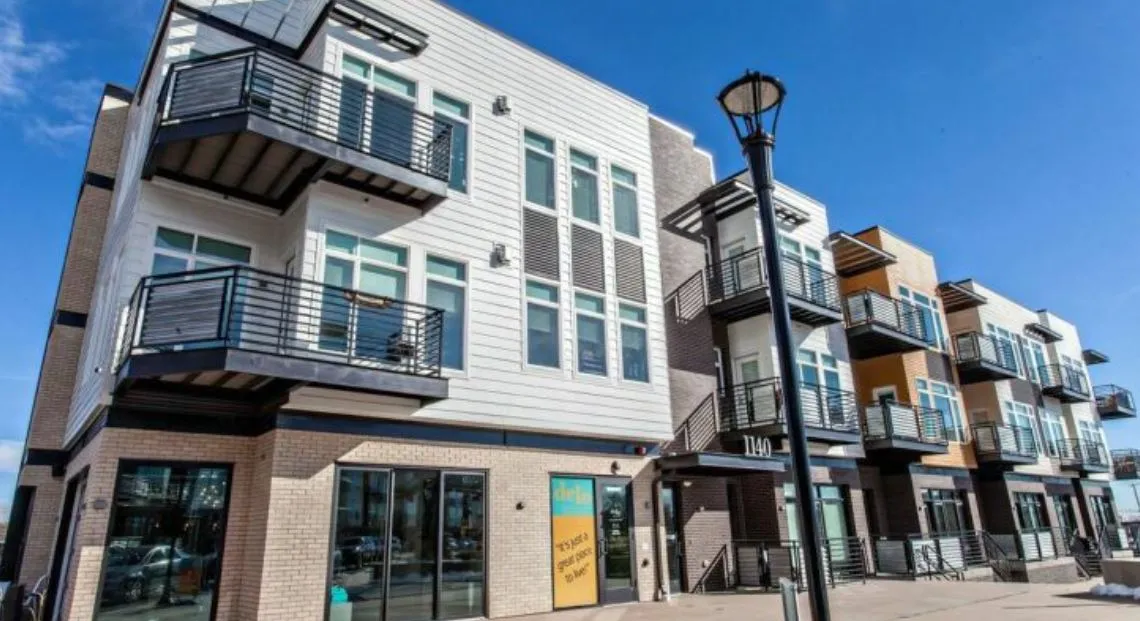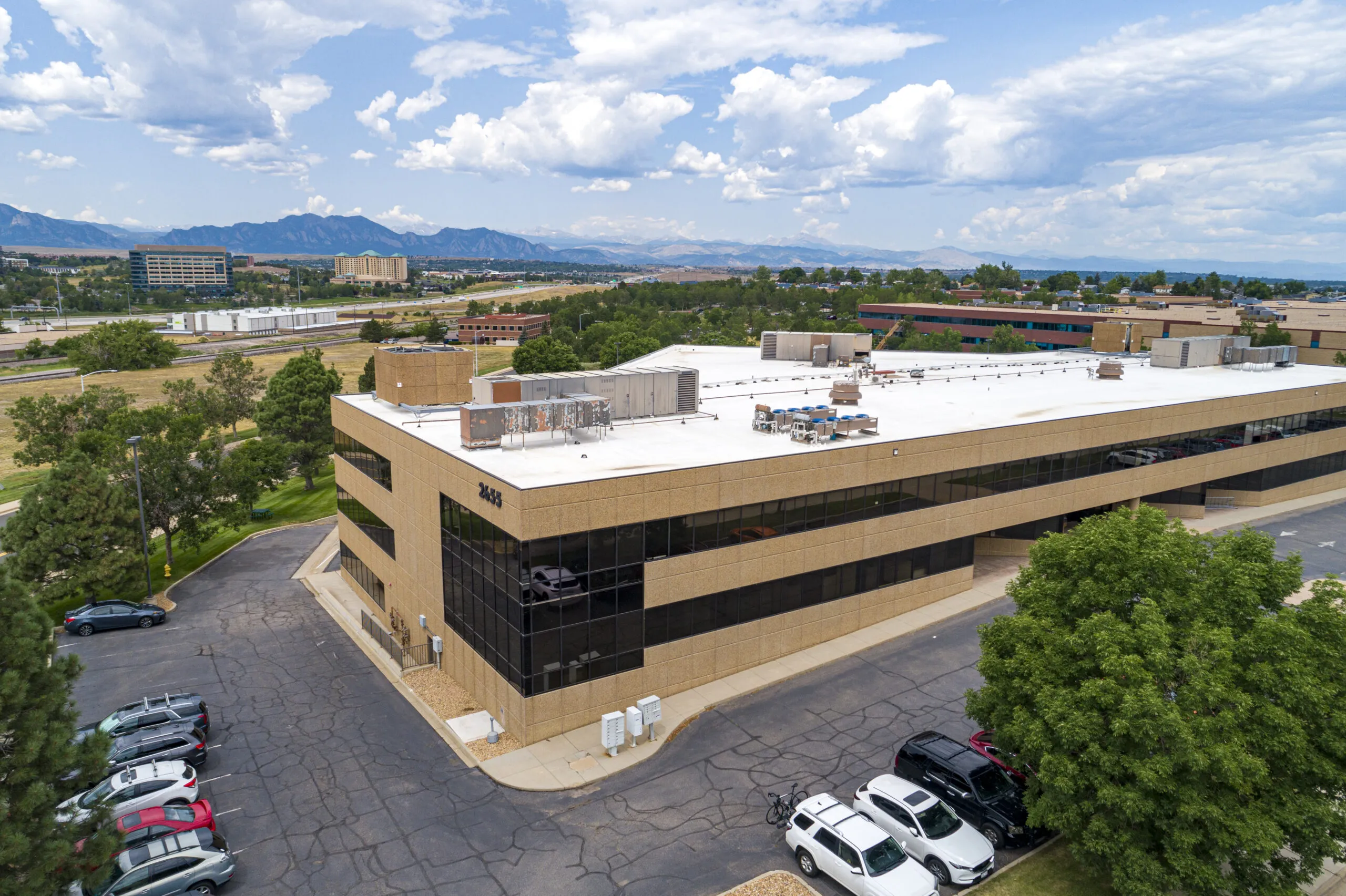Redtail infrastructure, metro-district frameworks OK’d by Louisville leaders

A final subdivision plat and a service plan for a metropolitan district for the Redtail Ridge mega-development in Louisville were each approved on Tuesday evening by city leaders.
THIS ARTICLE IS FOR SUBSCRIBERS ONLY
Continue reading for less than $3 per week!
Get a month of award-winning local business news, trends and insights
Access award-winning content today!
Already have a paid subscription?
Sign in with GoogleSign in with Google





